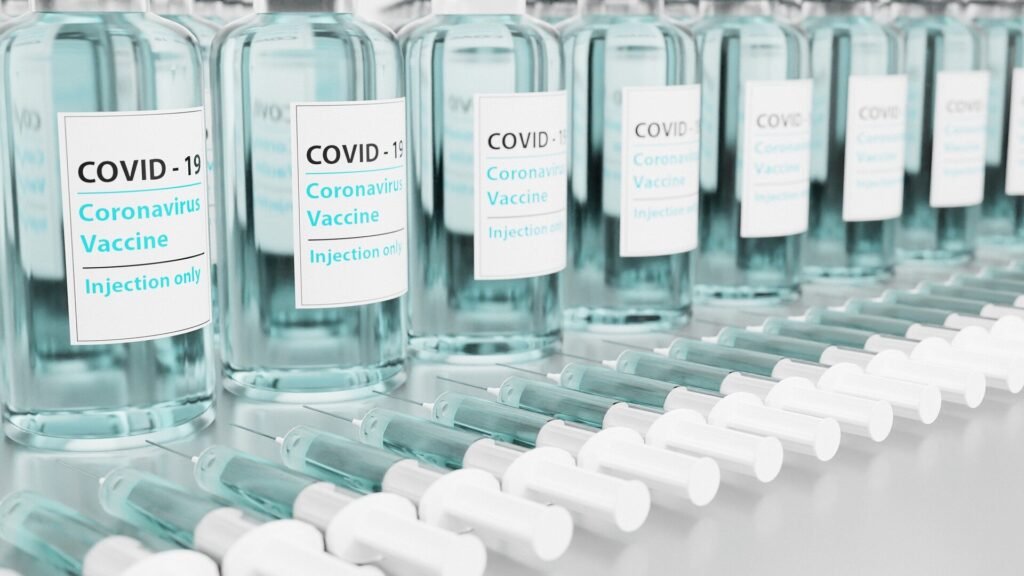The U.S. Health and Human Services Department has recently announced a new requirement for placebo testing of all new vaccines. This decision has raised concerns about the impact it may have on the rollout of updated COVID-19 vaccines and other vaccines. The agency, led by Robert F. Kennedy Jr., described this requirement as a “radical departure from past practices.”
Northeastern Global News had the opportunity to speak with Mansoor Amiji, university distinguished professor of pharmaceutical sciences, to discuss the implications of this shift in vaccine policy. Amiji shed light on what this new requirement could mean for individuals seeking vaccination against the latest variants of COVID-19 and other diseases. He also shared insights on the administration’s initiative to develop a universal vaccine for influenza and COVID.
Placebo trials are essential in the vaccine approval process, requiring half of the participants to receive a saline solution (placebo) while the other half receives the actual vaccine. This is done to ensure the safety and efficacy of vaccines, especially when introducing new versions or modifications. However, placebo trials can be time-consuming, lasting for months or even years.
The new requirement for placebo trials could potentially slow down the rollout of new vaccines, including updated versions of existing vaccines. This has raised concerns about delays in providing vaccines to the population, particularly during critical times such as flu season. The policy may also deter companies from investing in vaccine research and development due to the added cost and time involved in conducting placebo trials.
The recent delay in the approval of the Novovax vaccine, the only non-mRNA vaccine for COVID-19, highlights the challenges posed by the new requirement. The FDA cited the need for a full-fledged clinical trial with a placebo comparison, as mandated by the HHS, as the reason for the delay in approval.
Amidst these changes, questions have been raised about the impact on existing childhood vaccines and future vaccine developments. The shift in policy could potentially affect the approval process for new versions of existing vaccines, leading to further delays in vaccine availability.
On a positive note, the HHS and the National Institutes of Health have announced plans to develop a universal vaccine platform for influenza and coronavirus. This innovative approach aims to create a single vaccine that can provide long-lasting protection against multiple strains of the flu and COVID-19, eliminating the need for annual updates.
While placebo trials may boost confidence in vaccine safety, the downside is the delay in vaccine availability. This delay could result in an increase in the number of infected individuals while vaccines are still undergoing clinical trials. Balancing safety and efficacy with timely vaccine distribution remains a challenge under the new requirements.
In conclusion, the new requirement for placebo testing of all new vaccines presents both opportunities and challenges for vaccine development and distribution. The need for safety and efficacy cannot be overlooked, but the potential impact on public health and vaccine availability must be carefully considered. As we navigate these changes, collaboration between government agencies, researchers, and pharmaceutical companies will be crucial in ensuring the timely and effective rollout of vaccines to protect public health.


